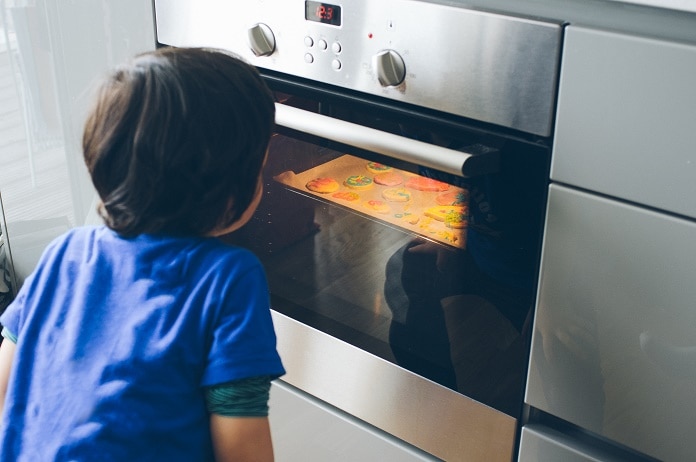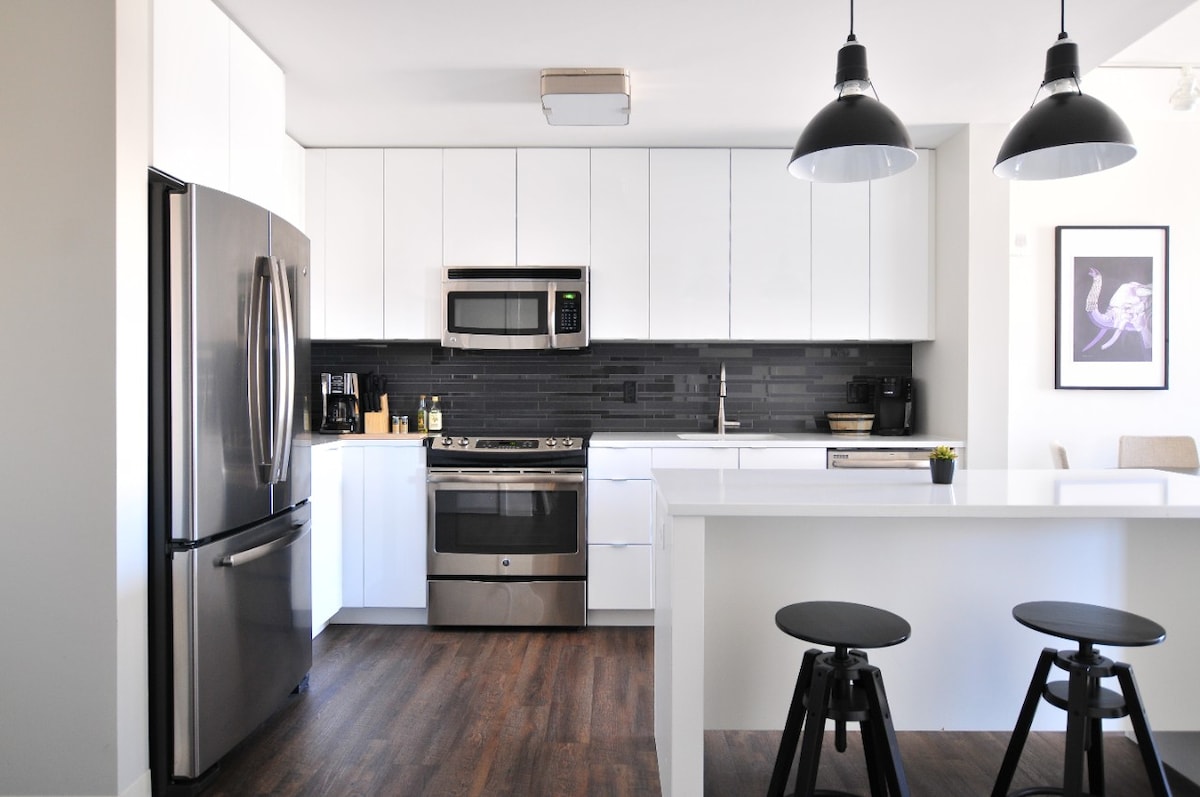If you’re building a new home or getting stuck into some renovations, you have a lot of decisions ahead of you.
Classic colour schemes, family-proof flooring, budget breakdowns… and the right energy choices to meet your family’s needs. Your choices – including deciding between gas or electric for your hot water and cooking – will affect your energy bills, lifestyle, and the environment. So, we’ve broken down the pros and cons for you.




